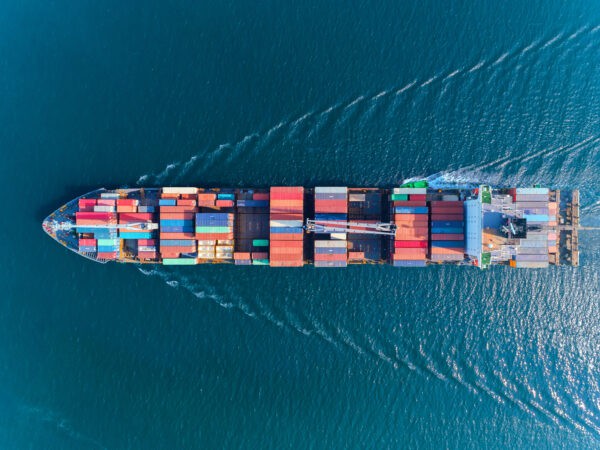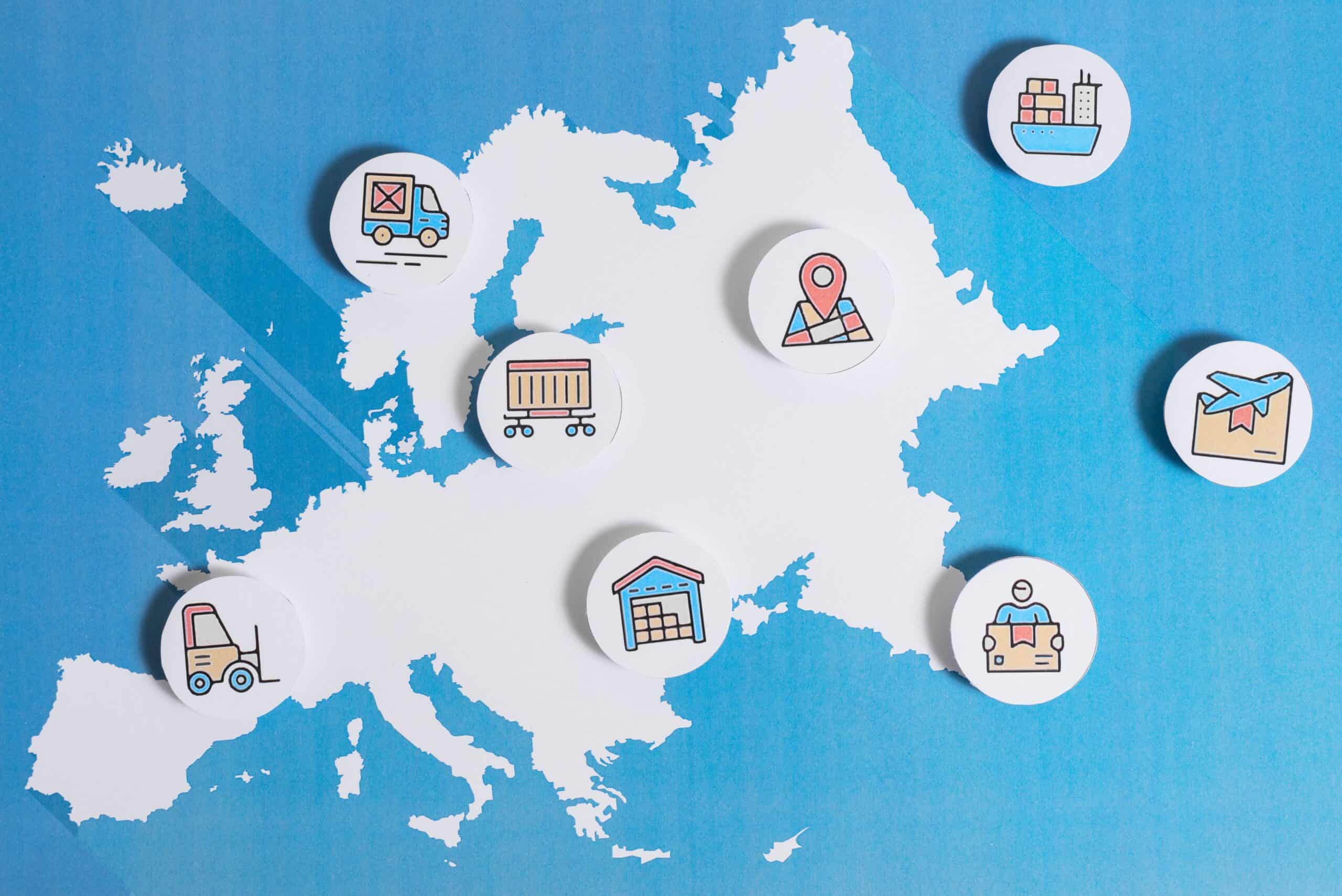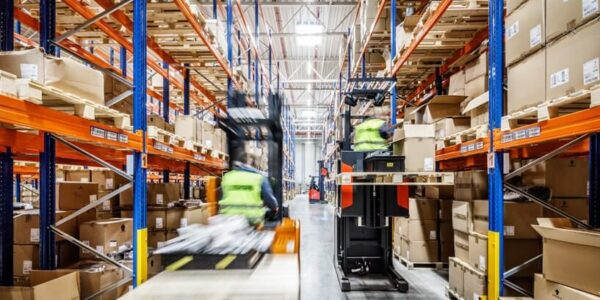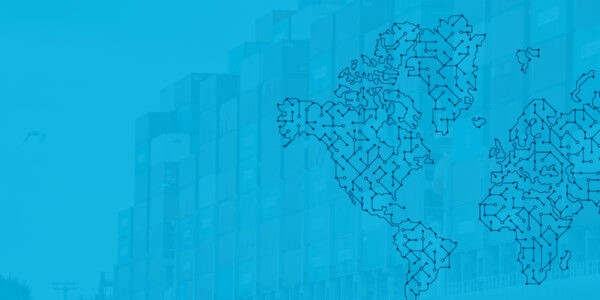
The German Supply Chain Act (LkSG) went into force on 01/01/2023. Matthias Führich, international business law attorney for the ICC Stuttgart, explains the most important basic points to which affected companies must now pay attention in conversation with Canan Jungel of Staufen AG.
What is the German Supply Chain Act (LkSG) and whom does it affect?
Matthias Führich: In very general terms, the LkGS obliges companies based in Germany to prevent, minimize, or eliminate risks relating to human rights and the environment, both in their own operations and in the business activities of their suppliers worldwide. It applies for companies headquartered in Germany with “generally” at least 3,000 employees and those with an appropriate German branch office (§ 1 LkSG). Starting in 2024, the value drops to 1,000 employees.
The act names three levels: “own business operations,” “direct suppliers” (where there is possibility of influence over contracts), and “secondary suppliers” (no possibility of influence, the supplier is part of the value creation and supply chain). This means that even smaller companies may be regarded as “secondary suppliers” based on a contract with the companies directly affected. The act requires the companies in question to take (remedial) measures for “direct suppliers” if the companies become aware of violations. Only in case of serious violations can the company be forced to end the business relationship.
In recent decades, many companies have shifted the production of goods and services to lower-wage countries. The flip side: in many of these countries, the standards with regard to human rights and the environment are much lower than in Germany. A tragic example: during a 2012 fire in a textile company in Karachi, Pakistan, which produced primarily for a German textile discounter, more than 250 people died due to a lack of emergency exits.
Which specific duties arise from this for the companies?
Matthias Führich: Companies must heed the following points:
- Appropriate, effective risk management with regard to human rights and some environmental protection law duties (§ 4 and § 3 Para. 1 LkSG) and the conducting of a risk analysis (§ 5 LkSG)
- Establishment of company-internal responsibility (§ 4 Para. 3 LkSG)
- Publication of a declaration of basic principles (§ 6 Para. 2 LkSG), which states how the company fulfills its duties with regard to human rights (processes, risks, etc.)
- Anchoring of preventative measures on the company’s own premises and for “direct suppliers” (§ 6 Para. 3 and 4 LkSG) and in case violations are determined, the initiation of remedial measures (§ 7 LkSG)
- Set-up of a company-internal complaint process (§ 8 and 9 LkSG)
- Ongoing internal documentation with a report regarding the measures implemented (§ 10 LkSG) and an annual report on the fulfillment of due diligence obligations in the publicly accessible area of the company website, which must be submitted electronically to the Federal Office of Economics and Export Control no later than four months after the end of the fiscal year.
In all of this, company and business secrets may be preserved; the primacy of the “duty to endeavor” applies.
First company steps
Establishment of structures (data, processes)
Naming of specific in-house specialists (further education and training)
Establishment of a risk management system (data, structures, processes)
Declaration of basic principles to fulfill duties with regards to human rights
On the EU level, there are proposed guidelines for supply chain duties of due diligence. What can we expect here?
Matthias Führich: Germany could be obliged to improve its law. The EU wants to reduce the threshold value to at least 500 employees and EUR 150 million net in sales; for resource-intensive companies to 250 employees and at least EUR 40 million net in sales. The guideline should also apply to companies headquartered in third countries that sell their products and services in the EU; there should be no distinction of “direct” and “secondary” suppliers. With the German law, the focus is on human rights; in the proposed guidelines, a focus on substantiated environmental protection duties (Paris Climate Agreement) is added, as is civil law liability for companies.
This means a lot of responsibility for the leaders.
Matthias Führich: The starting point here is the liability included in the proposed guidelines for violations of duties of due diligence due to measures not taken and damage that has occurred. This may result in liability of the executive bodies, based on the liability of the managing directors of the company.
How can Staufen help companies with the LkSG?
Matthias Führich: The risk analysis according to § 5 LkSG is essential. It provides companies with a good overview of the supplier structure and the resulting human rights and economic risks, but it can also be used to optimize cycles, reduce cluster risks, and prevent crises. This is where the Staufen consultants can incorporate their great practical knowledge for the establishment of an appropriate system, and the identification and elimination of risks. This is how companies’ supply chains can become “fit for the future” with the help of Staufen.

Matthias Führich
International business law attorney
ICC Stuttgart







